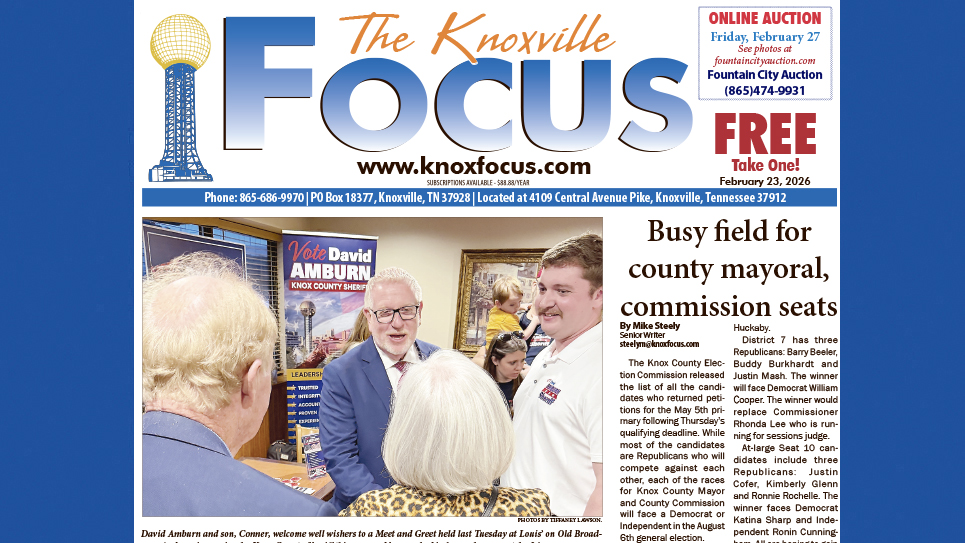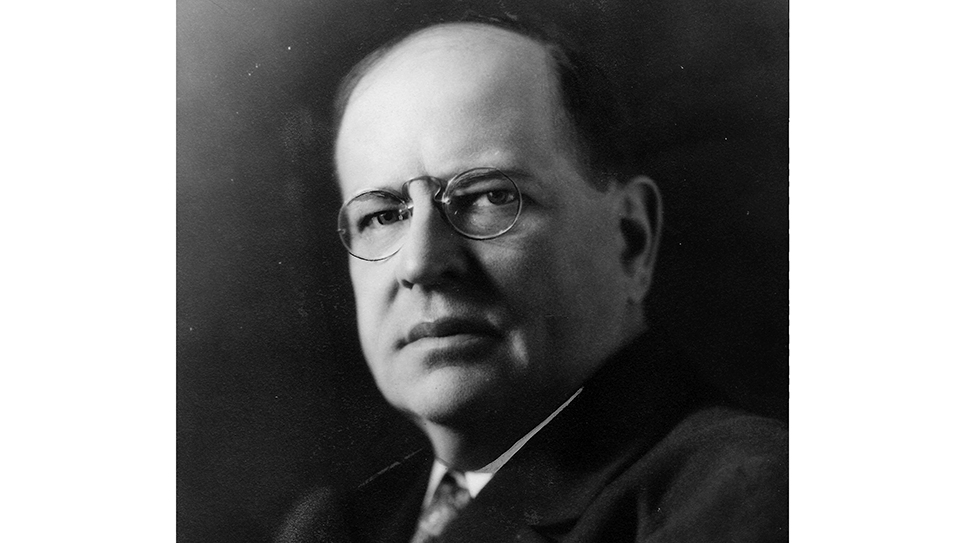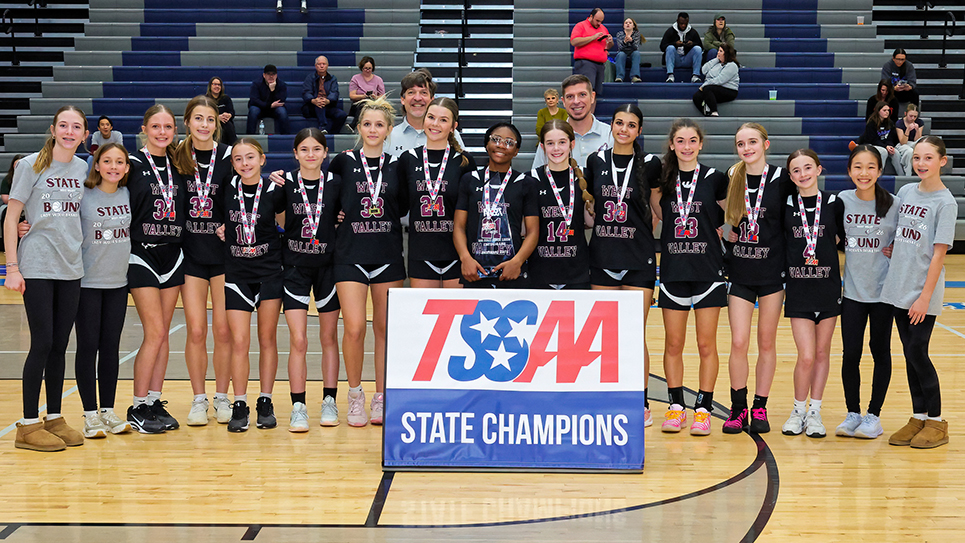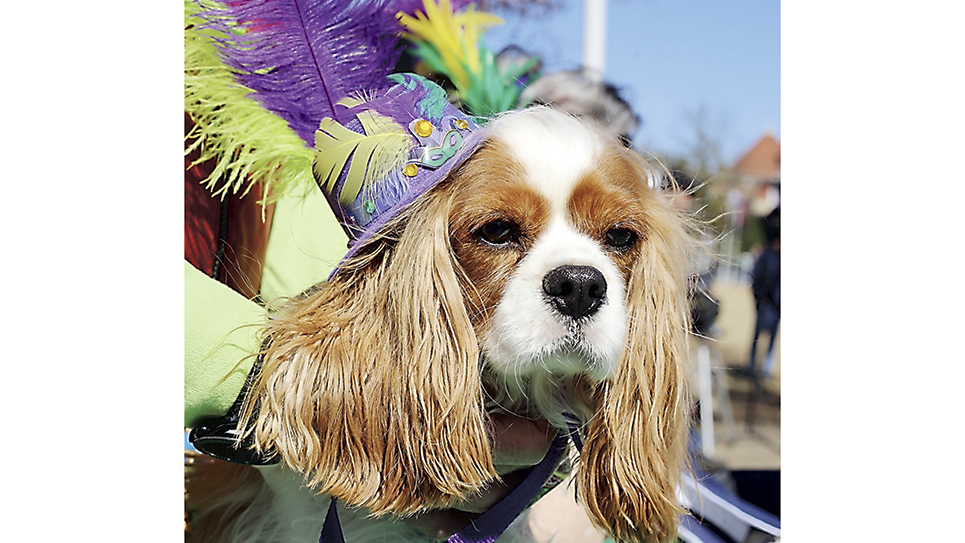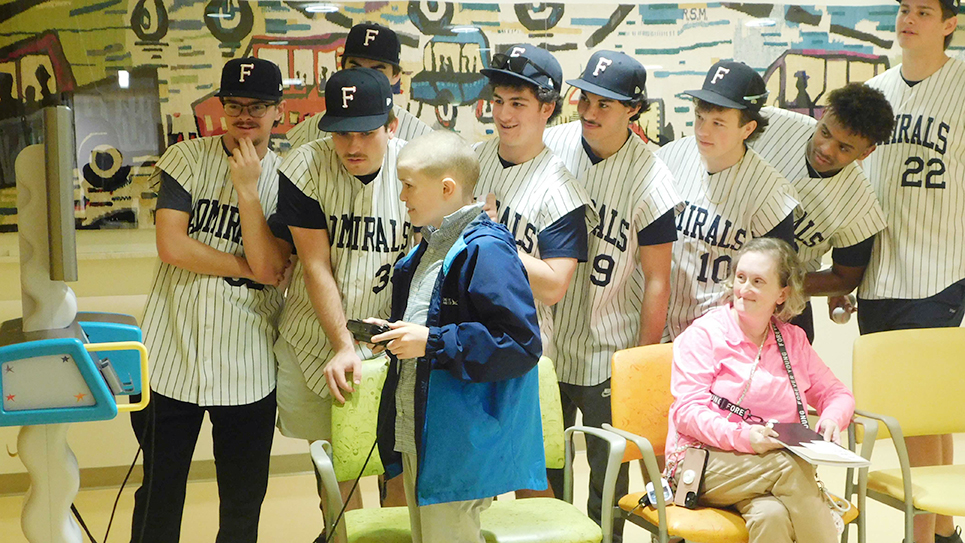‘Often in error, but never in doubt’
By Tom Mattingly
Here’s the question for today. What former Vol quarterback played linebacker in a 1963 freshman game at Kentucky (the Vol rookies lost 70-0), redshirted a year later, and then became a Vol quarterback known all across Big Orange Country as the “Swamp Rat”?
Here’s a hint. He was excitement personified under center, giving the Vol offense a new dimension. He wore No. 16 as a Vol signal-caller long before Peyton Manning ever burst onto the scene in 1994. In fact, Peyton’s dad, Archie Manning, was still in high school in Drew, Miss., and did not arrive in Oxford, Miss., until 1967.
I remember going to Chattanooga to speak and to meet the posters on one of the “chat boards” so prevalent on the Internet. It was a chance to see the faces behind the names of those wonderful guys who freely proffer their opinions on any number of subjects, mostly the ebbs and flows of Tennessee football.
When I arrived, there was someone there I didn’t expect, but one I was always glad to see. He had already commandeered the podium and showed no signs of letting go.
I had been “upstaged” by the inimitable Dewey Warren, Vol quarterback from 1965-67, who always talked about “humming that tater” and making things happen on the field. He hailed from Savannah, Ga., and was given that nickname by his high school coach Lamar Leachman, a former Vol himself (1952-53).
As most people know, Dewey was the kind of guy people instinctively followed, regardless of the destination. As the saying goes, he was “often in error, but never in doubt.” An hour or so with Dewey was a roller-coaster ride through mid-1960s Vol history. You just asked a question, settled in, and enjoyed the ride.
The “experts” of his day wondered whether he could play.
“I really didn’t look like a quarterback,” Dewey told West. “I couldn’t do a lot of the stuff quarterbacks are supposed to do. But I knew my limitations. I knew what to do to help us win.”
Somebody asked if he really scored the winning touchdown in the 1965 UCLA game, that memorable contest in Memphis. I had expressed some modest doubts in print, having recently looked at the film. Dewey answered quickly: “The official raised his hands over his head, didn’t he?”
Dewey told of having two pulled groin muscles and ace receiver Johnny Mills being out of the game. When he found no receivers open, he beat a not-so-hasty path to the northwest corner of Memphis Memorial Stadium, the new stadium in the Bluff City at that time. It took him forever to get there, but he eventually did – barely, and the history books record that Tennessee won, 37-34.
“The play opened up like the Red Sea,” former Vol center Bob Johnson told Marvin West in “Legends of the Tennessee Vols,” one of the truly good books on Vol football, “but I thought Dewey would never get there.”
Dewey told of calling plays that weren’t in the playbook and having to explain to head coach Douglas Adair Dickey why he did so. He was more eloquent when the plays worked than when they didn’t. Dickey’s exact response is unknown, but all of us have our opinions about what it was.
“Dewey was a T-formation quarterback nobody else wanted,” Dickey observed. “I don’t think anybody ever expected him to play.”
Dewey was adamant in insisting that two of the most historic missed field goals actually found their way over the uprights. One came in 1966 against Alabama and the other on Jan. 1, 1968, in the Orange Bowl against Oklahoma.
“We had driven all the way down the field against Alabama and were on the 4-yard line,” he recalled, speaking as the quarterback on the drive and as the holder on Gary Wright’s fateful kick.
“I was going to run the ball to the middle of the field and call timeout, so we could have a straight-on kick, but someone called timeout. We should never have been in that position. It was a tough angle. A lot of people thought the kick was good. I thought it was good.”
The passage of time hasn’t softened Dewey’s opinions. He’s sticking adamantly to his view of history.
He recalled forgetting his helmet in his first chance against Ole Miss in November 1965, after Charley Fulton had been injured. There he was, standing sans helmet in the huddle, with teammates snickering and blue-shirted Rebels ready to get after him. That miscue cost the Vols a timeout.
Dewey Warren is not far removed from the signal-caller who led the Vols to glory in his playing days. He still has the swagger.
He was one of 26 legends whose careers West chronicled in his book. Dewey was No. 20 on the list, listed on the printed page between Bowden Wyatt and Frank Emanuel, each an All-American selection.
Whoever told Dewey, “If you stay, you’ll play,” likely George Cafego, knew what he was talking about. Dewey stayed… and played. He’s the stuff of which legends are made.

